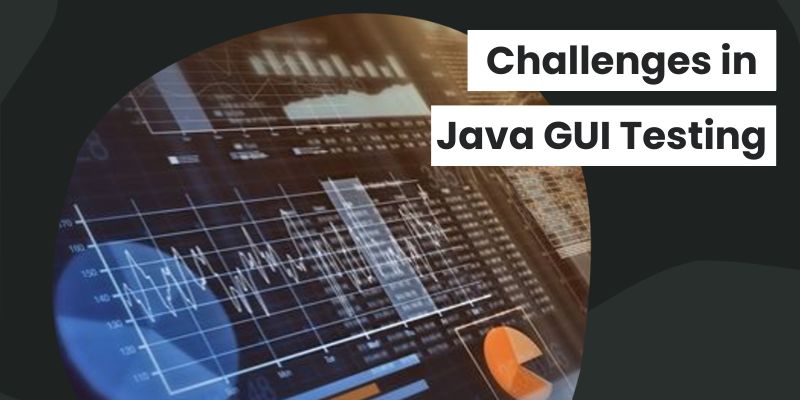As we stand on the cusp of a new era driven by rapid technological advancements and evolving business landscapes, the future of accounting education, particularly highlighted in the best accounting courses online, is poised for transformation. Emerging trends and predictions offer insights into the direction in which accounting education is headed, shaping the skills, knowledge, and competencies required for success in the accounting profession. Here’s a glimpse into the future of accounting education:
Embrace of Technology:
Technology is revolutionizing the accounting profession, and accounting education must adapt accordingly. Future accounting curricula are likely to incorporate courses on emerging technologies such as artificial intelligence, machine learning, blockchain, and data analytics. By equipping students with proficiency in technological tools and platforms, accounting education can empower future professionals to harness the power of technology for data analysis, automation, and decision-making.
Focus on Data Analytics:
The abundance of data in today’s digital age presents both opportunities and challenges for accountants. Future accounting education is expected to place a greater emphasis on data analytics skills, teaching students how to collect, analyze, and interpret large volumes of financial data effectively. Proficiency in data analytics will enable accounting professionals to derive actionable insights, identify trends, and make informed strategic decisions for their clients or organizations.
Interdisciplinary Approach:
Accounting education is likely to adopt an interdisciplinary approach, integrating concepts from related fields such as finance, economics, and information technology. By providing students with a holistic understanding of business processes and financial systems, interdisciplinary education prepares accounting professionals to navigate complex business environments and address multifaceted challenges.
Ethical and Social Responsibility:
As the role of accountants expands beyond traditional financial reporting and compliance, accounting education will increasingly emphasize ethical and social responsibility. Future accounting professionals will be expected to consider the broader impact of their decisions on stakeholders, communities, and the environment. Accounting education will instill ethical principles, integrity, and social consciousness in students, preparing them to uphold ethical standards and contribute positively to society.
Lifelong Learning and Adaptability:
The pace of change in the accounting profession necessitates a commitment to lifelong learning and adaptability. Future accounting education will foster a culture of continuous learning, encouraging students to stay abreast of emerging trends, regulations, and best practices throughout their careers. By cultivating a mindset of adaptability and resilience, accounting education prepares professionals to thrive in an ever-evolving business landscape.
Globalization and Diversity:
With increasing globalization, accounting education will embrace diversity and multiculturalism, reflecting the global nature of the profession. Future accounting curricula may incorporate international perspectives, cross-cultural communication skills, and exposure to diverse business environments. By preparing students for global careers, accounting education equips professionals to navigate cultural differences, expand their networks, and seize opportunities in international markets.
In conclusion, the future of accounting education, particularly emphasized in the best online accounting courses, is shaped by technological innovation, evolving business dynamics, and shifting societal expectations. By embracing technology, focusing on data analytics, adopting an interdisciplinary approach, emphasizing ethical and social responsibility, promoting lifelong learning and adaptability, and embracing globalization and diversity, accounting education prepares future professionals to excel in a dynamic and interconnected world.


